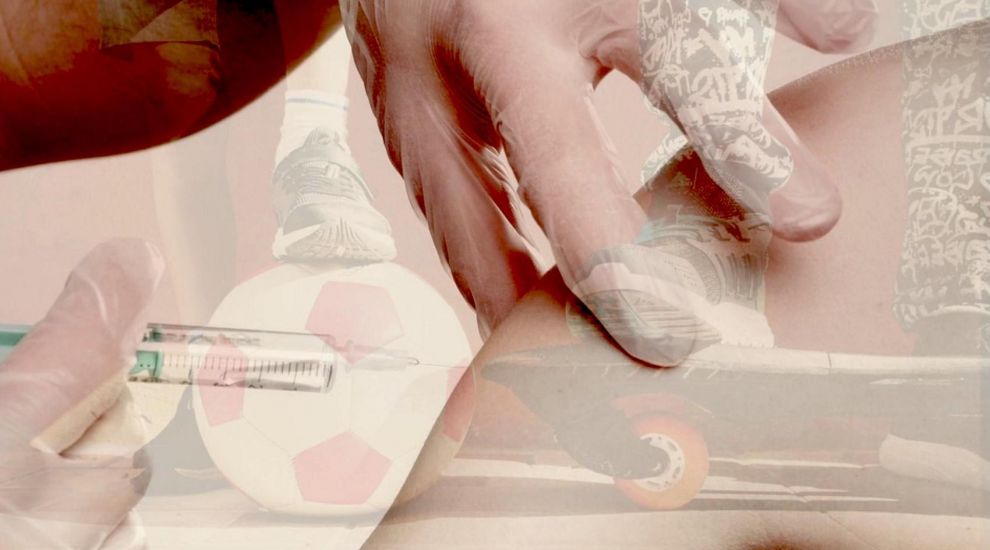

Teenage boys in Jersey are for the first time being offered a vaccination against a virus that can cause throat and anal cancer, and cervical cancer in women.
Young girls in Jersey have been able to access the HPV vaccine for free since 2008, but Health and Community Services (HCS) has now extended the programme to young boys.
It follows a similar move in England last year after pressure from leading cancer charities.
Boys aged between 12 and 13 are to be offered the human papillomavirus (HPV) vaccination for the 1st time to protect them against a viral infection which can cause some cancers. https://t.co/j1JEpcpOSc pic.twitter.com/J689qjVm4f
— Government of Jersey (@GovJersey) March 28, 2019
The HPV vaccine comes in the form of an injection, which will be given to pupils age 12 to 13 (Year 8) - evidence shows that this is the point at which the vaccine is most effective - in two doses six months apart.
Dr Ivan Muscat, Consultant Microbiologist said “There are at least 140 strains of HPV and the majority of the population are infected by one or more strains by person to person contact at some point in their lives. Most are harmless but some can go on to cause cancer. HPV is considered responsible for 5 per cent of all cancers."
Take-up of the vaccine among Year 8 girls is now around nine in every 10.
Dr Linda Diggle, Head of Preventive Programmes, detailed the impact of the vaccination programme on reducing HPV-related cancers: "There’s been a reduction in the amount of human papillomavirus in the population in the UK and elsewhere and this is a clear sign that the vaccine is effective.

Pictured: Boys and girls will now have equal access to the HPV vaccine.
"Evidence suggests that extending the vaccination programme to boys offers a real opportunity to make HPV related diseases an increasing rarity."
Health Minister Deputy Richard Renouf welcomed the move towards equal access to the vaccination, commenting: "Offering this vaccination to boys is a very positive step. Extending the immunisation programme now will reduce HPV-related cancers in both men and women in the future.”
This latest step comes as the government is increases its efforts to ensure women don't miss their cervical screening appointments, which help to detect cervical cancer - the cancer most common in women under 35.
In December, HCS launched a campaign to empower women to get tested and break down myths surrounding the potentially life-saving test.
Comments
Comments on this story express the views of the commentator only, not Bailiwick Publishing. We are unable to guarantee the accuracy of any of those comments.